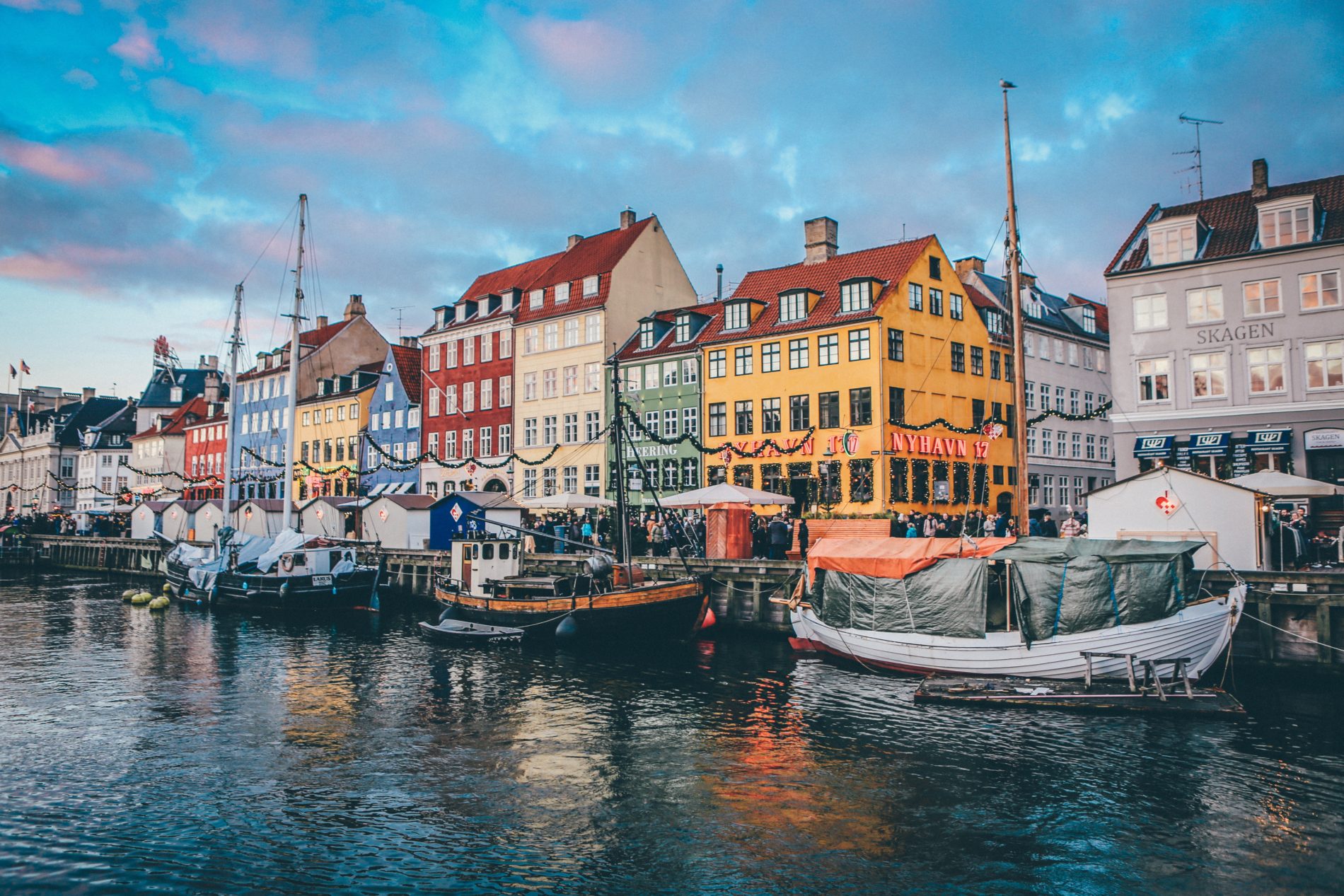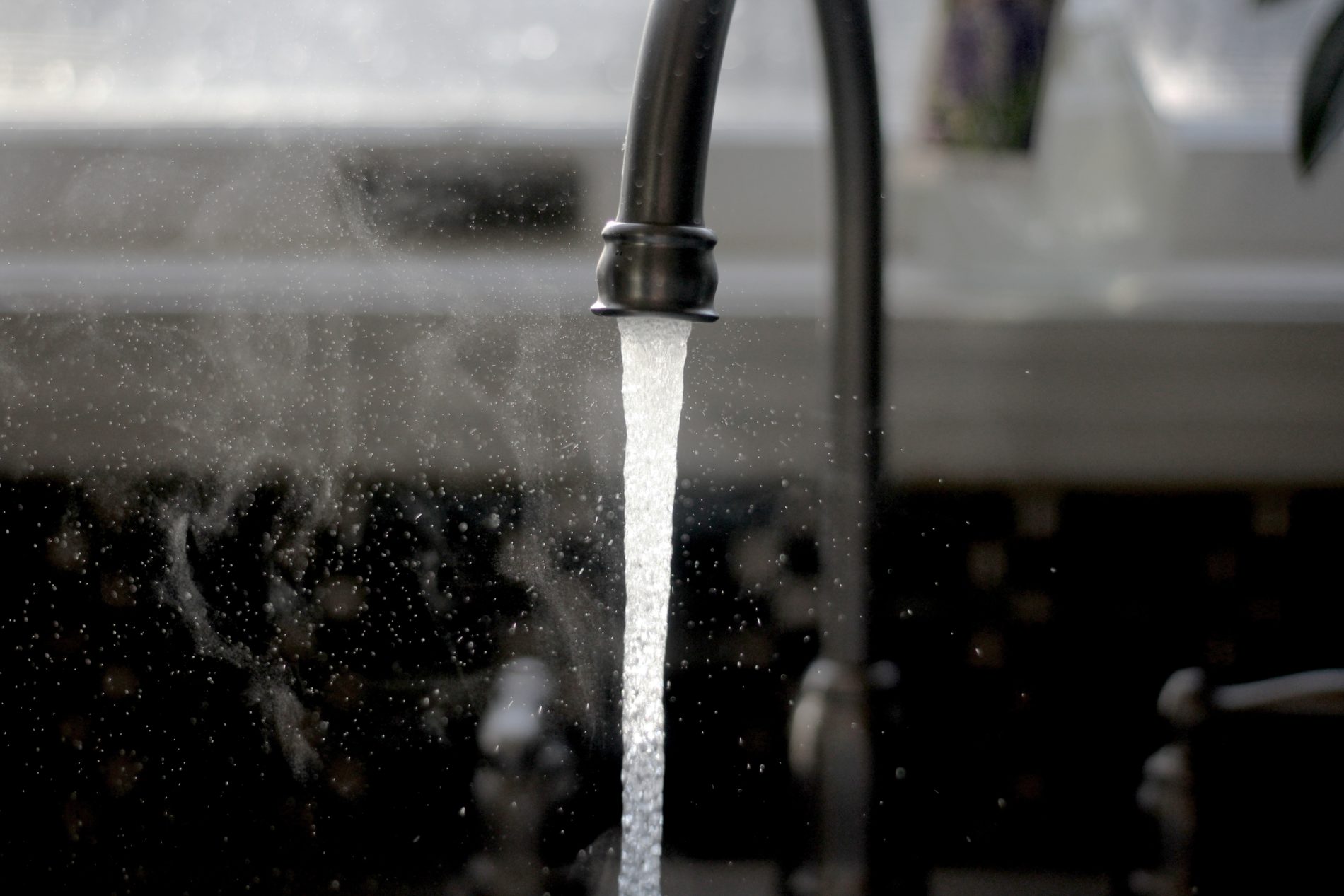“Water is the lifeblood of our bodies, our economy, our nation and our well-being”. That prior expression is a quote from Stephen Johnson and so perfectly summarises both the emblematic and very tangible importance of water in our own lives as well as others. Denmark’s own official website states that Danes are brought up to “question authority, which makes them powerful innovators”, and that the small country, 5.8 million strong, evolve science and technology in ways which outperform larger nations.
This is no more prevalent than in Copenhagen, the Danish capital. The topic of water here is pertinent not only because of the expository quote, but because Copenhagen’s quality of water is so much higher and more consistent than many of the world’s other cities. Government sanctioned ‘harbour baths’ have been implemented across the city for residents to use at their leisure, and many will take a dive in the crystal-clear water for the supposed revitalising effects it provides. This could not be of starker contrast to other cities of the world, where pollutants render harbours and canals unsafe to enter, yet it is this very idea which shows how far Copenhagen has come in this regard.

In the Photo: Nyhavn, Copenhagen, Denmark Photo Credit: Nick Karvounis
Was it always this way?
While the quality of water is fantastic in the modern day, this could not be said for the condition of the waters in the past, even as recently as 1995 where the wets were marred with oil spill contaminants. Expenditures of multiple billion Danish kroner could be had in constructing overflow barriers and rerouting wastewater, yet the potential threat for overflow pollution persisted. Further to investments by the municipality in its wastewater treatment plants and sewer systems, a key solution to this problem was developed by Water and Environmental Impact Assessments and came in the form of an alarm system which warned when and where there was a likely chance of overflow. This was based on forecasts, tides and current water levels and would allow for these overflows to be rerouted to other areas – often areas which would benefit from such moisture and hydration.
Where is it sourced from?
Copenhagen’s tap water is predominantly sourced from groundwater, something which is largely necessitated by Denmark’s geology. Aquifers sprawling 20-100 meters deep below subsoil level provide reservoirs for this water and benefits can be seen in its usage in both quality and taste. The water is so clean that chlorine needn’t be added to purify it; instead it must only be aerated and filtrated before being funnelled along pipes to Danish homes. Copenhagen’s tap water arguably surpasses bottled water in terms of quality, suggesting needless plastic usage can be cast aside in exchange. This management process is overseen by HOFOR, who supply this water to the populace of Copenhagen, a figure which stands at approximately one million.
Furthermore, HOFOR plant trees over extraction areas in partnership with the Danish Nature Agency. The role of the trees is to absorb rainfall from the soil which prevents it from soaking deep into the ground and contaminating the groundwater, allowing the water to retain its health and clarity. Agreements are also often struck with local farmers to cultivate their fields sustainably, specifically avoiding the use of pesticides which are liable to contaminate the ground water through a similar means. All these steps culminate in the sustained quality of such a crucial resource.

In the Photo: Running faucet Photo Credit: Imani
Using groundwater reserves to satisfy a large populace does come with difficulties however, as it is far from a limitless resource. Efforts have been made by the municipality to reduce water consumption per head in Copenhagen in order to combat this issue and the results have certainly been impressive.
In 2016, Denmark recorded an average water consumption figure of 104 litres per head per day, based on an average of 2.15 occupants per household. Compare this with the UK who recorded a figure of 141 litres per head in 2017 and the US with a sharp spike of 410 litres per head and one can see the positive effect of Denmark’s stellar efforts.
This all culminates in a demonstration that Copenhagen, and indeed Denmark as a whole, has identified the importance of healthy water and taken steps to develop sustainable solutions in order to manage and protect its high level of quality. While elements of Copenhagen’s methods are indeed circumstantial, there is absolutely no reason why similarly intelligent solutions cannot be found in many of the world’s other cities.









